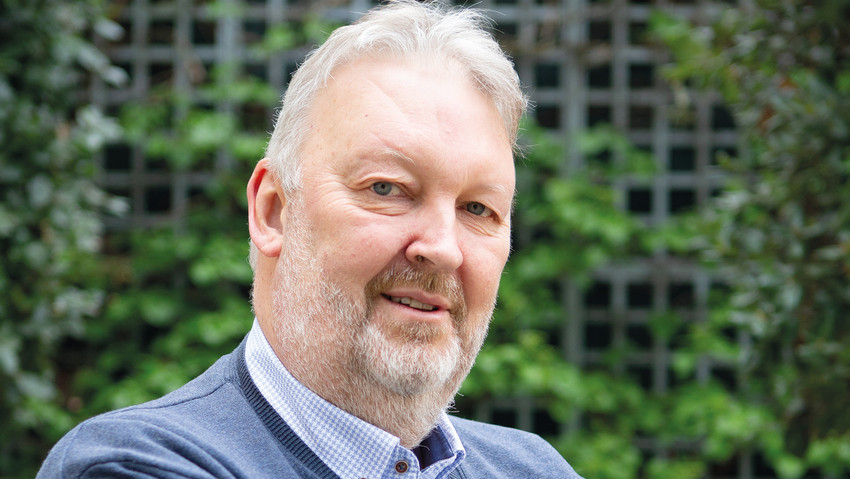Building on the successes of Europe's bioeconomy
The value of Europe’s bioeconomy grows every year. BIC commissions the Nova Institute to produce an annual report on the bioeconomy. The bioeconomy employs 17.6 million people in Europe, with a turnover of more than €2.4 trillion in 2019, an increase of 25% since 2008. The bio-based industries in particular show strong growth, contributing more than €814 billion to the 2019 figure.
BIC has been the partner of the European Commission in two public-private partnerships aimed at growing Europe’s bio-based industries – the Bio-based Industries Joint Undertaking or BBI JU (2014-2020) and the Circular Bio-based Europe Joint Undertaking or CBE JU (2020-2027). The bio-based sector is developing flagship “first-of-their-kind” biorefineries producing innovative bio-based products, either new or replacing fossil-based counterparts. The partnerships have already resulted in 13 of these biorefineries across Europe including France, Latvia, Norway and Romania.
The bioeconomy’s rise in prominence on the EU’s policy agenda is a strong sign of how important it has become. The EU has placed the bioeconomy at the heart of several political initiatives, including the EU Bioeconomy Strategy (first adopted in 2012 and revised in 2018); the European Green Deal (2019) and the Circular Economy Action Plan (2020).
As recently as April 2023, the EU Council recommended the European Commission to further integrate bioeconomy into all policies. Better recognition in EU policy is indeed essential to unlock the potential of the bioeconomy. Regions outside Europe are boosting their investments. Examples include China’s 14th Five-Year Plan and US initiatives such as the Inflation Reduction Act and their strategy to bolster domestic biomanufacturing.
The bioeconomy can and should grow at a faster pace, so the greener solutions it provides become more widespread and adopted by consumers. There is rightly a lot of focus on innovation, but there is a need for more funding to scale-up and commercialise these new technologies to overcome the “valley of death”. Improving access to funding (EU, national, regional, private) is still a challenge. At BIC, we try to address this in a number of ways, including a pitching event where bio-based SMEs can meet with some of the most active venture capital, corporate and angel investors. But access to renewable feedstock and stimulating market demand are also crucial for the further development of this strategically important sector.
The road ahead for Europe’s bioeconomy looks bright – with new investments, revenues, innovations and jobs. However, Europe needs to go faster and further.
Dirk Carrez is the Executive Director of BIC. He holds a PhD in Agricultural Sciences. He has been Director of Innovation & Product Policy at the Belgian Federation for the Life Sciences and Chemical Industry, Secretary-General of the Belgian Biotechnology Industry Association, and Director of Industrial Biotechnology at EuropaBio. Dirk is Vice-Chair of BIAC’s (Business and Industry Advisory Committee to the OECD) Biotechnology Committee, and part of several European and national advisory bodies.
This article was originally published in European Biotechnology Magazine Spring Edition 2023.




